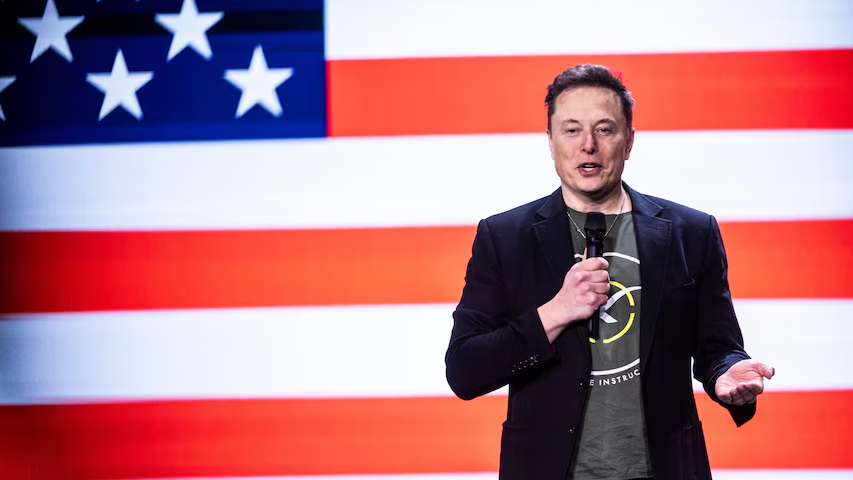
Tycoons have a history of overstepping in foreign relations, and Elon Musk has recently found himself among notable figures with troubling associations.

A recent report from The Wall Street Journal revealed that Musk has maintained secret communications with Russian President Vladimir Putin for the past two years.
While Musk positions himself as a visionary transforming the automotive industry and aiming for Mars, his approach to geopolitics echoes the missteps of past business leaders, often leaving a negative legacy.
Diplomats and government watchdogs expressed concern over Musk’s relationship with Putin, especially considering Musk’s potential influence in a future Trump administration.
Richard Stengel, a former undersecretary of state for public diplomacy, noted that while it’s common for business leaders to engage with foreign officials, Musk’s ties to a global pariah like Putin raise significant risks. He described reports of Putin urging Musk to refrain from activating Starlink service in Taiwan as “really dicey business.”
Despite being unprecedented for a modern CEO, Musk’s actions are reminiscent of historical tycoons who used their wealth and influence to engage with authoritarian leaders.
“Musk’s wealth rivals that of historical figures like Carnegie and Rockefeller, making direct comparisons limited,” said Mark Wilson, a history professor. Musk’s attempts to foster ties with a dictator parallel David Rockefeller’s efforts in the 1970s to connect with the deposed Shah of Iran and leaders involved in the Chinese Cultural Revolution.
Henry Ford, often compared to Musk, embarked on a misguided mission in 1915 aboard his “Peace Ship” in a bid to halt World War I without government support. Although he abandoned the venture due to concerns for his reputation, he continued to engage in anti-war politics.
Historically, moguls have shown a willingness to meet with dictators in hopes of preventing conflict. Ford received accolades from Nazi Germany, while William Randolph Hearst famously visited Hitler in 1934 in an attempt to convey American sentiment.
According to the Journal, Musk has developed a personal rapport with one of the few leaders on the U.S. Treasury’s blacklist, alongside North Korea’s Kim Jong Un and Syria’s Bashar al-Assad. This pattern reflects a naïve belief that tyrants can be placated through dialogue—a worldview often held by those unaccustomed to rejection.
Musk’s actions may trigger consequences, but it remains unclear if he will face any significant backlash. Unlike the era of Perot, when multiple firms could substitute for his contracts, Musk’s unique capabilities in space technology and satellite communication leave the U.S. government in a precarious position regarding his independent diplomacy.
As former undersecretary Stengel noted, “If this was any other contractor, there would be scrutiny, but is Musk ‘too big to fail?'”
In a nod to former President Donald Trump’s fixation on economics, Musk appears to be leading America into a retro-futuristic landscape reminiscent of Ford and Hearst, where influential figures engage with notorious adversaries while government oversight remains powerless, relying solely on their individual morals to guide these relationships.